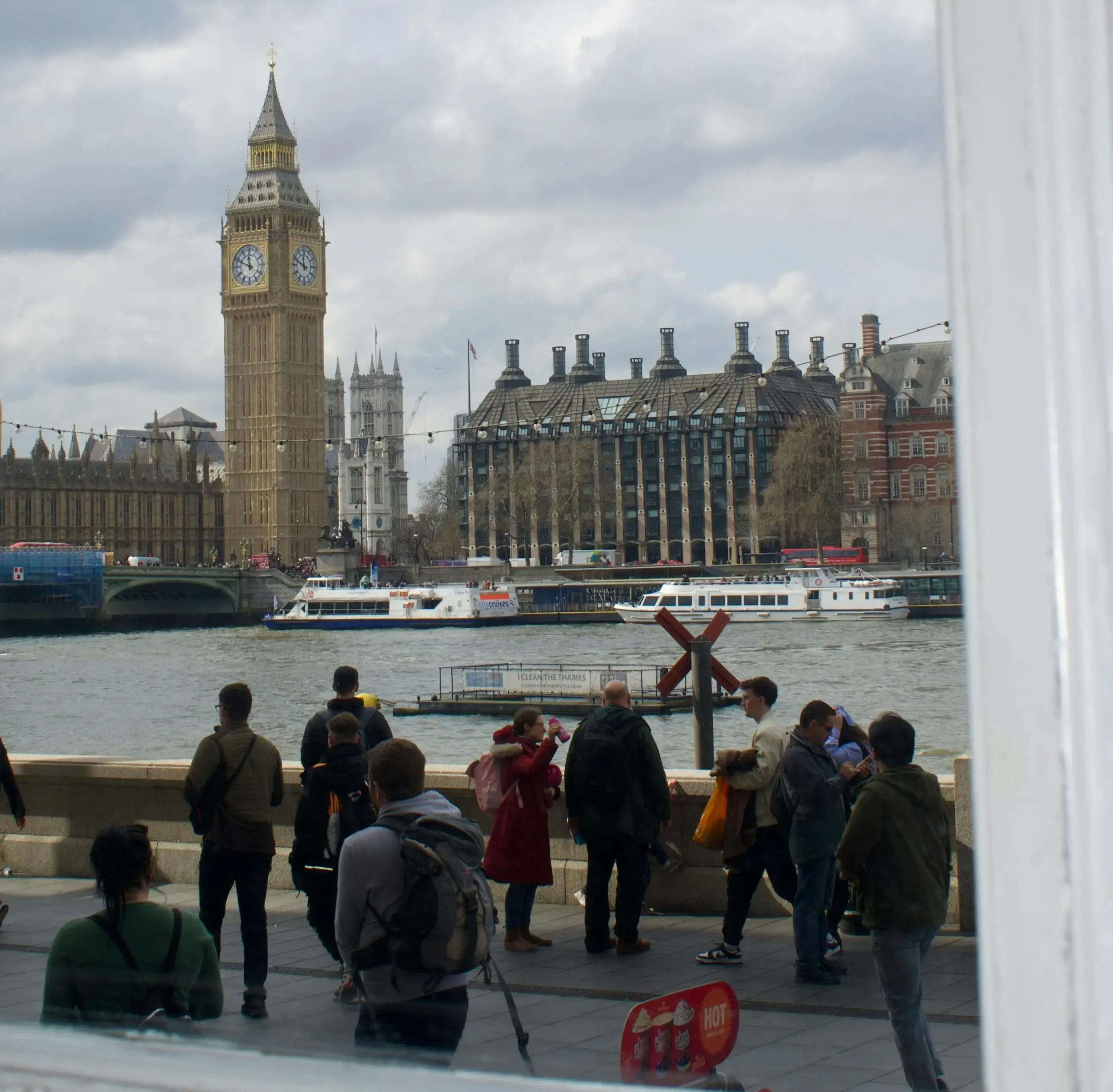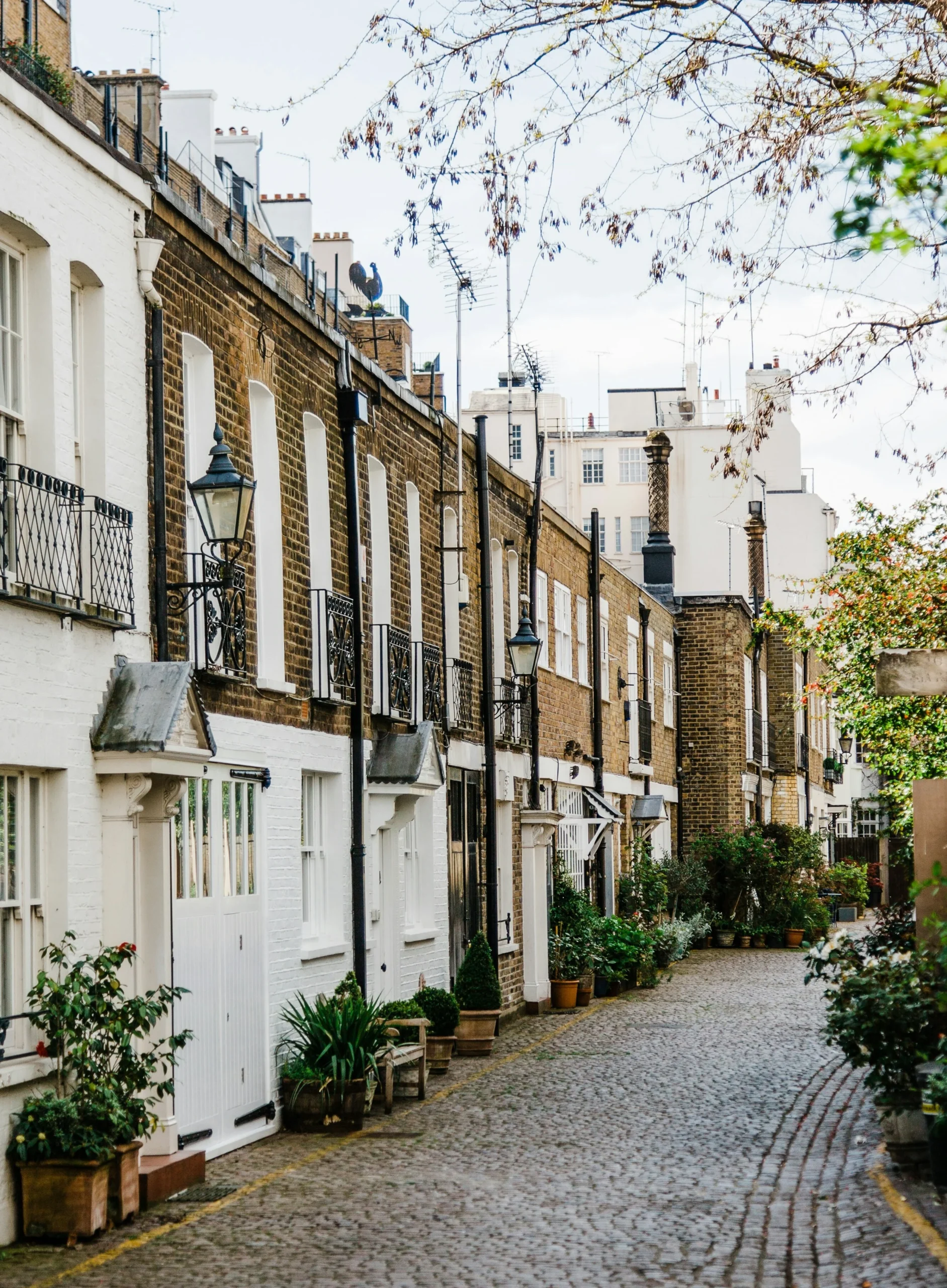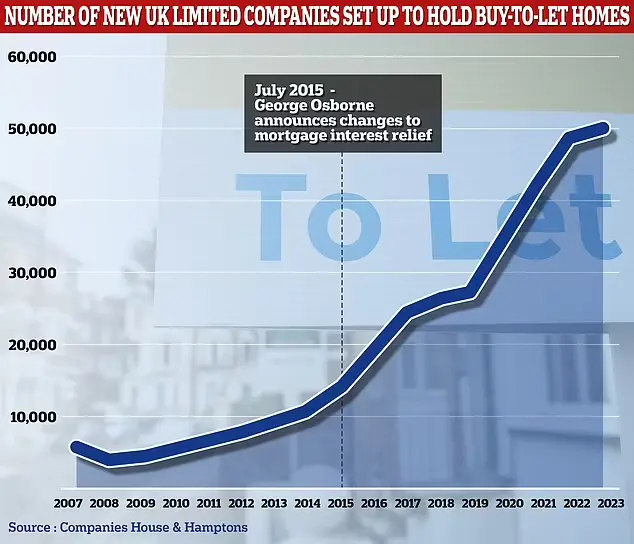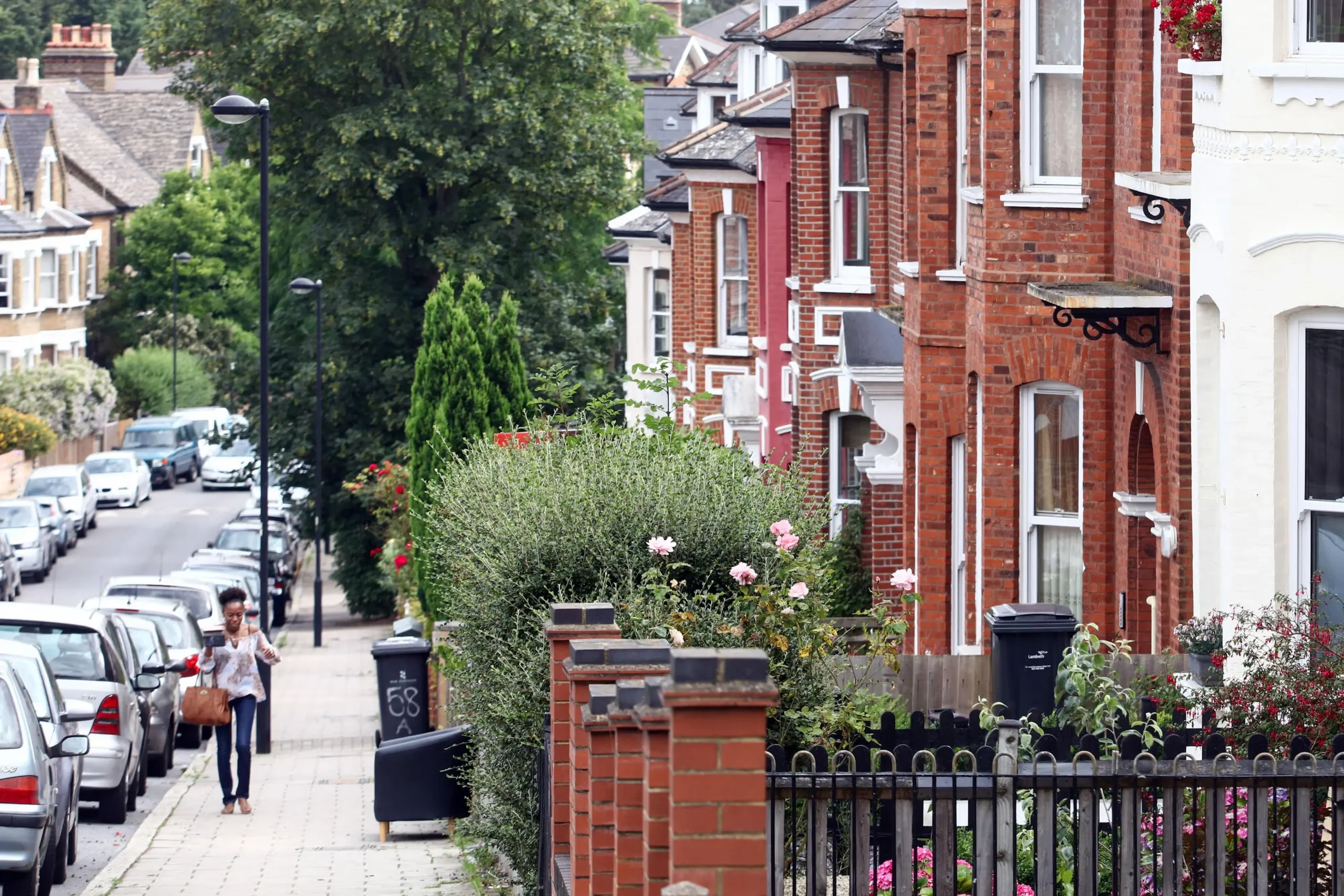
London, the capital city of England, is one of the most vibrant and dynamic cities in the world. Known for its rich history, diverse culture, and economic significance, London attracts millions of people each year. Whether you’re considering moving to London, investing in property, or simply curious about the real estate market, the question often arises: Is it a good idea to buy property in London? This comprehensive guide aims to explore various aspects of the London property market to help you make an informed decision.
Economic Stability and Growth
London’s economy is one of the largest and most robust in the world. As a global financial hub, it hosts numerous multinational corporations, financial institutions, and thriving sectors such as technology, media, and tourism. This economic diversity contributes to the city’s resilience against global economic fluctuations, making property investment in London relatively secure.
Job Opportunities
The abundance of job opportunities in London is a significant factor driving the demand for housing. With a steady influx of professionals seeking employment in the city, there is a consistent need for rental properties, ensuring a stable rental income for property owners. Moreover, the presence of prestigious universities and colleges attracts students from around the globe, further bolstering the rental market.
Diverse Property Market
London offers a wide range of property types to suit various tastes and budgets. From luxurious apartments in Central London to charming townhouses in suburban areas, the city caters to diverse preferences. Whether you are a first-time buyer or a seasoned investor, you can find a property that aligns with your investment goals.
Prime Locations
Areas such as Mayfair, Kensington, and Chelsea are renowned for their upscale properties and prestigious addresses. These prime locations are highly sought after, commanding premium prices. Investing in these areas can yield substantial returns due to their desirability and limited supply.
Emerging Areas
In contrast, areas like Stratford, Croydon, and Woolwich are undergoing significant regeneration and development. These emerging areas offer more affordable properties with strong potential for capital appreciation as they become increasingly attractive to buyers and renters alike.
Strong Rental Market
London’s rental market is one of the most robust in the world. The high demand for rental properties is driven by several factors, including the city’s large population of students, young professionals, and expatriates. This demand ensures that landlords can achieve healthy rental yields, making property investment in London a lucrative option.
High Rental Yields
Certain areas in London are known for their high rental yields. For instance, properties in East London and parts of South London tend to offer better rental returns compared to the more central and expensive areas. By carefully selecting the location, investors can maximize their rental income and achieve a positive cash flow.
Capital Appreciation
Historically, London property prices have shown a steady upward trend, offering significant capital appreciation over time. Despite occasional market fluctuations, the long-term outlook for property values in London remains positive. This appreciation can provide a substantial return on investment for property owners.
Market Resilience
Even during periods of economic uncertainty, such as the global financial crisis or the recent COVID-19 pandemic, the London property market has demonstrated remarkable resilience. While short-term dips in property prices may occur, the overall trajectory tends to recover and continue its upward climb, making London a relatively safe investment destination.
Legal and Regulatory Framework
The UK has a well-established legal and regulatory framework that protects property owners and investors. The transparency and stability of the property market, coupled with clear property rights and legal processes, provide a secure environment for investment. Additionally, the UK’s favorable tax regime for real estate investment, including incentives for foreign investors, enhances the attractiveness of the London property market.
Quality of Life
London offers an exceptional quality of life, with world-class amenities, cultural attractions, and a diverse culinary scene. The city’s extensive public transport network, including the iconic London Underground, ensures excellent connectivity and convenience for residents. High-quality healthcare, renowned educational institutions, and abundant green spaces further contribute to London’s appeal as a place to live and invest.
Cultural and Recreational Opportunities
London is a cultural melting pot, offering a rich tapestry of experiences. From historical landmarks like the Tower of London and Buckingham Palace to world-class museums, theaters, and galleries, the city provides endless opportunities for cultural enrichment. The vibrant nightlife, diverse dining options, and numerous festivals and events make London an exciting place to live.
Challenges and Considerations
While there are numerous advantages to buying property in London, it is essential to consider the challenges and potential risks associated with the market.
High Property Prices
London is one of the most expensive cities in the world to buy property. The high property prices can be a barrier for many potential buyers, especially first-time buyers. However, with careful planning and financial management, it is possible to navigate the market and find suitable investment opportunities.
Market Volatility
The London property market can experience periods of volatility, influenced by factors such as political events, economic conditions, and changes in interest rates. Investors should be prepared for potential short-term fluctuations and adopt a long-term perspective to mitigate risks.
Stamp Duty and Additional Costs
Buying property in London incurs additional costs, such as stamp duty, legal fees, and property maintenance expenses. It is crucial to factor in these costs when planning your investment to ensure you have a comprehensive understanding of the financial commitment involved.
Conclusion: A Balanced Perspective
In conclusion, buying property in London can be a highly rewarding investment, offering economic stability, strong rental yields, and capital appreciation. The city’s diverse property market caters to various investment goals, from high-end luxury properties to affordable housing in emerging areas. Additionally, London’s quality of life, cultural richness, and robust legal framework make it an attractive destination for both domestic and international investors.
However, it is essential to approach the London property market with a balanced perspective, considering the high property prices, market volatility, and additional costs involved. Conduct thorough research, seek professional advice, and develop a clear investment strategy to maximize the benefits of your property investment in London.
Ultimately, the decision to buy property in London depends on your individual circumstances, financial goals, and risk tolerance. By carefully weighing the pros and cons, you can make an informed decision that aligns with your long-term objectives and enjoy the many advantages of owning property in one of the world’s most dynamic and exciting cities.














